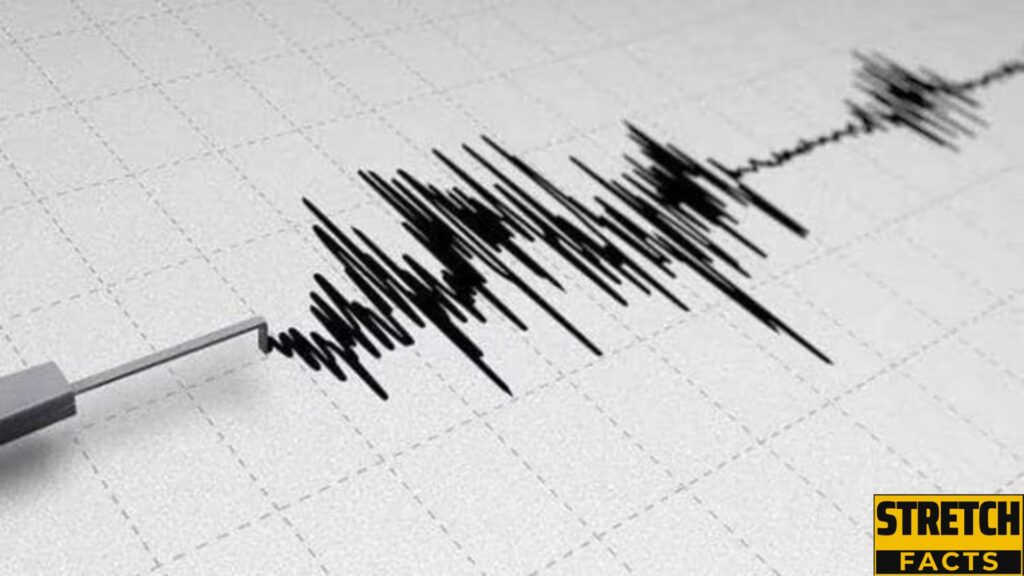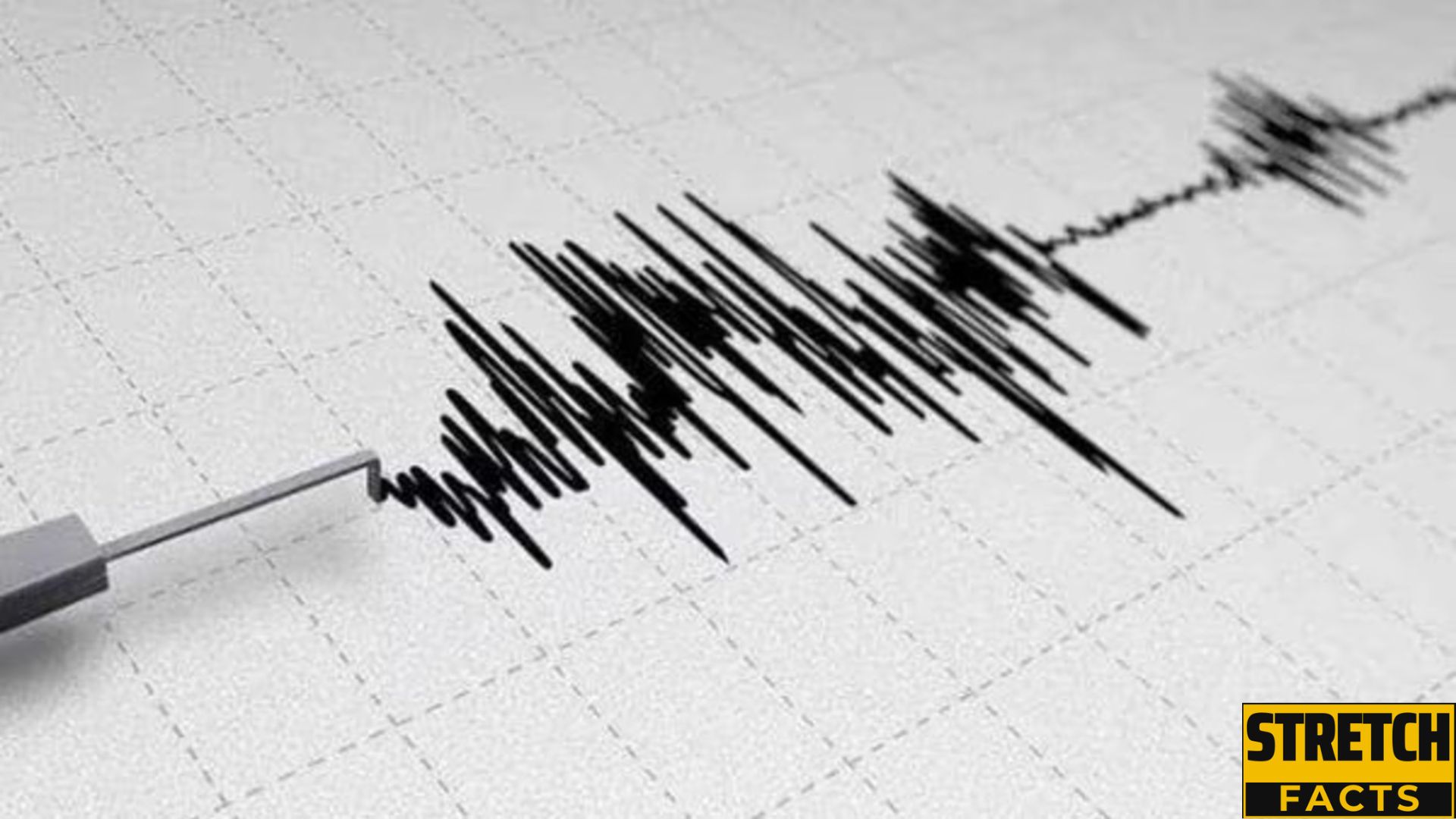the latest seismic developments as a 6.1-magnitude Earthquake Rattles Afghanistan, sending tremors through Delhi-NCR and Islamabad. Stay informed with our in-depth coverage, including insights into the aftershock risks and parallels with recent seismic events. Discover the resilient spirit of the affected regions and the ongoing efforts to minimize potential impacts on lives and infrastructure. Follow our updates for comprehensive coverage of this unfolding story.
In a startling turn of events today, the residents of Delhi-NCR found themselves shaken by tremors following a 6.1-magnitude earthquake originating in Afghanistan. The seismic waves, originating 241 kilometers northeast of Kabul, swept across the region, prompting concerns about the potential impact on densely populated areas. The National Center for Seismology promptly tweeted the details of the quake, providing crucial information to the public.
Earthquake Rattles
The ripple effect of this earthquake extended beyond Afghanistan, with strong tremors reverberating in Lahore, Islamabad, and several cities in Khyber Pakhtunkhwa, Pakistan. According to the US Geological Survey, the earthquake was registered as a 6.4-magnitude event, with its epicenter 44 km SSW of Jurm in Afghanistan, striking at a depth of 206.6 km at 2:50 p.m. local time.
Thankfully, as of now, there have been no reports of casualties or significant damage to property. The Pakistan Meteorological Department recorded a separate 6.0-magnitude earthquake at 2:20 pm local time in the Hindu Kush region, reaching a depth of 213 km. The impact of the quake was felt strongly in cities like Sargodha, Khushab, Mandi Bahauddin, Bhakkar, and Nowshera in Punjab. Additionally, Muzaffarabad in Pakistan-occupied Kashmir experienced tremors, further highlighting the widespread impact of the seismic activity.

Despite the current lack of reported damage, experts are cautioning about the potential for aftershocks in the region. Chief meteorologist at the Pakistan Meteorological Department, Sardar Sarfaraz, highlighted the parallels with a recent earthquake in Japan, emphasizing the importance of preparedness. “The same had also happened in Japan, which was struck by a powerful earthquake on January 1,” he noted, underscoring the need for continued vigilance.
Pakistan, situated in a seismic zone, is no stranger to earthquakes and tremors of varying magnitudes. The country bears the scars of its deadliest earthquake in October 2005, which claimed the lives of over 74,000 people and left a trail of destruction in its wake.
As the affected regions begin the process of assessing the aftermath of this recent quake, it serves as a stark reminder of the unpredictable nature of seismic events. The importance of preparedness and swift response mechanisms cannot be overstated, as they play a crucial role in minimizing the potential impact on lives and infrastructure.
In the wake of these tremors, authorities are urged to reinforce public awareness campaigns about earthquake safety measures. This includes educating citizens on the appropriate actions to take during and after an earthquake, ensuring that emergency services are well-equipped, and conducting thorough assessments of infrastructure vulnerability.
As we continue to monitor this developing story, our thoughts are with those affected by the earthquake. Stay tuned for further updates on the situation as experts analyze the seismic activity and its implications for the affected regions.
